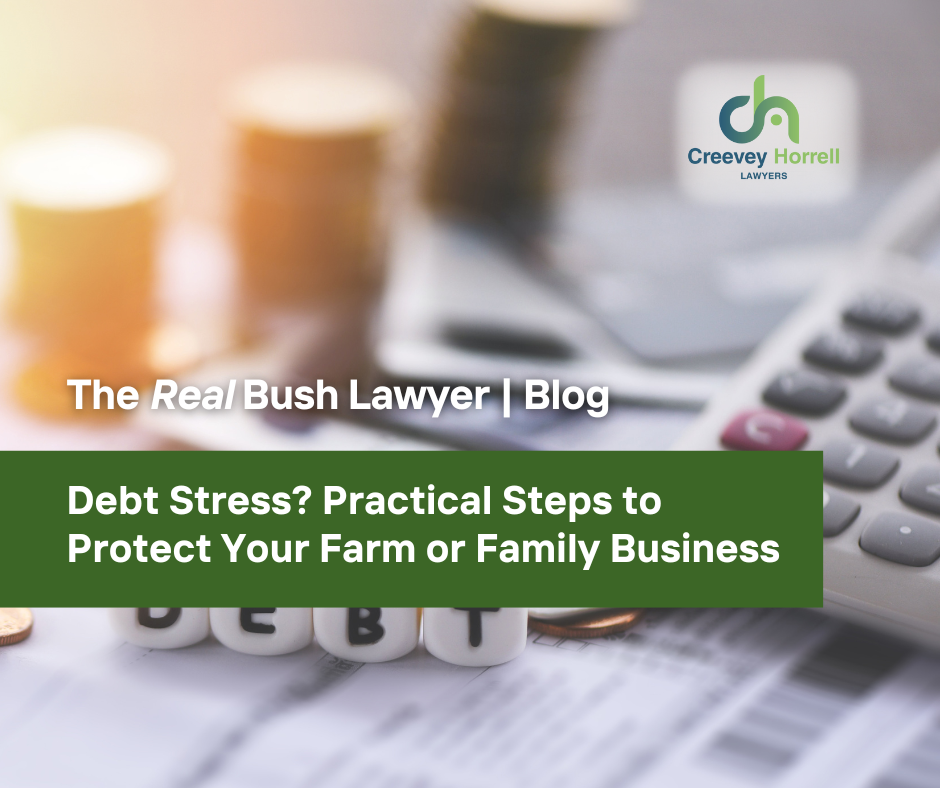RAISING THE DEFENCE OF 'SELF-DEFENCE' IN CRIMINAL LAW PROCEEDINGS QLD
- yyong59
- Jul 13, 2022
- 3 min read

If an individual faces an impending threat, the Queensland law allows for the defence of self-defence to be raised, where it is lawful to use reasonable force to protect or physically defend themselves against the assault coming towards them or their property.
To raise the ‘self-defence’ defence, the self-defence taken must be equally justified against the threat at hand. Queensland law recognises the right each individual has to defend themselves or their property, and therefore, the individual doesn’t have to face punishment or criminal charges for self-defence.
Yes, in the heat of the moment, it’s not expected for the individual facing threat to press pause and assess how their impending response will level out with the assault at hand. As long as the defensive conduct displayed isn’t entirely uncalled for based on the level of threat faced, the defence of self-defence can still be raised in court.
Of course, this is just a generalised overview of ‘self-defence’ defences in the criminal court. For assistance in your personal circumstances, please connect with our team of qualified legal professionals at Creevey Russell Lawyers to further assist you during this time.
The most common defences raised are ‘provocation’, ‘self-defence against unprovoked assault’ and ‘self-defence against provoked assault’
There are further legislative provisions regarding self-defence that have been referenced and coded in the Queensland in the Criminal Code 1899. Some of those statutory defences included are as follows:
• Section 274 – Defence of moveable property against trespassers
Wherein The Criminal Code states that “It is lawful for any person who is in peaceable possession of any moveable property, and for any person lawfully assisting him or her or acting by his or her authority, to use such force as is reasonably necessary in order to resist the taking of such property by a trespasser, or in order to retake it from a trespasser, provided that the person does not do grievous bodily harm to the trespasser.” (s 274, Criminal Code Act 1899)
• Section 277, Section 278 and Section 267 Defence of premises or dwelling,
[s 277] wherein The Criminal Code states that it’s lawful to use reasonable force that’s necessary to prevent trespassers from entering land, structure, vessel or place or to remove any persons who have conducted themselves in a disorderly way – provided that the owner does not cause grievous bodily harm.
[s 278] wherein The Criminal Code states that “When a person is in peaceable possession of any land, structure, or vessel with a claim of right, it is lawful for the person, and for any person lawfully assisting him or her or acting by his or her authority, to use such force as is reasonably necessary order to defend the person’s possession, even against a person who Is entitled by law to the possession of the property, provided that he or she does not do grievous bodily harm to such person.” (s 278, Criminal Code Act 1899)
[s 267] wherein The Criminal Code states that is it lawful for a person in possession of a dwelling, to use force to prevent or repel another person from unlawfully entering or remaining in the dwelling.
Take it to court: What the court will consider.
If raising the defence of self-defence, there are a few factors that the court will have to decipher and decide upon during this assessment.
First, they will assess:
• was unlawful assault present?;
• did the person provoke the assault?;
• whether or not the level of self-defence can be justified against the level of assault at hand; and
• if the intentions behind the self-defence were to cause, or to likely cause, grievous bodily harm or death.
There’s also other added variables to consider, such as relationships involved, prior convictions and more, to justify the self-defence defence.
These added considerations, include, but are not limited to:
• what is the relationship (if any) between the accused and the victim?;
• has the victim shown proven prior acts or behaviour?;
• what is the state of mind of the accused, their character traits and beliefs?; and
• what is the eligibility of the actions and/or weapons utilised by the accused?
‘Self-Defence’ Defences Shifts the Burden of Proof
Instead of the defendant providing proof for their self-defence, a ‘reverse burden’ or ‘reverse onus’ takes place. This means the prosecution has the burden of proof, wherein they must attempt to prove beyond reasonable doubt that the defendant was not acting in self-defence.
If you need support or further advice about self-defence defences or criminal charges, please contact the Crime and Misconduct Team at Creevey Russell Lawyers today.
.png)




Comments